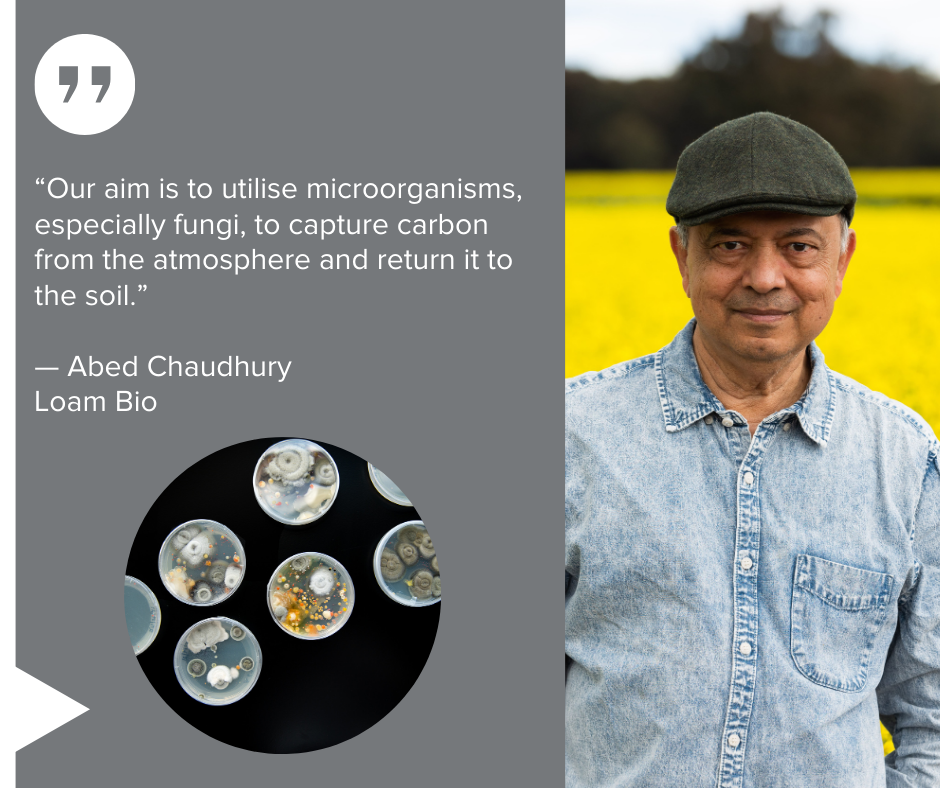Powering Genomics for Agriculture and Environmental Science

Advances in emerging genome-based technologies offer new tools and solutions for our most significant challenges, paving the way to healthier crops, livestock and fisheries.
AGRF can provide support to breeding programs, population studies, cultivar verification, pest studies, disease screening programs and many other industry needs.
Find out why industry partners with AGRF for genomics services, process development, and expertise.
Genomic Applications - guiding you to the right solutions
Client Testimonials
Contact our specialist team today
Our team is always available to talk you through your next project or any questions you might have - get in touch today to arrange a consultation.
Industry Upcoming Events
Industry Blog Posts
AGRF, in partnership with CRC-TiME and Indigenous communities, is using genomic technologies to support climate-resilient mine rehabilitation in Australia.
Traditionally plant research has relied on a single reference genome, the field is now advancing toward pangenomics, creating multiple reference genomes to capture the full genetic diversity of a species.
Western Australia is known for its breath-taking landscapes, but behind the scenes, strict biosecurity measures protect its agriculture and environment from pests and pathogens. While quarantine bins and detection dogs at the airport may go unnoticed by most, these defences are vital in keeping the state safe.
Over the past two decades, Australian dryland broadacre farms have experienced significant changes in farming practices and climatic conditions, including the introduction of “No Till” farming.






























